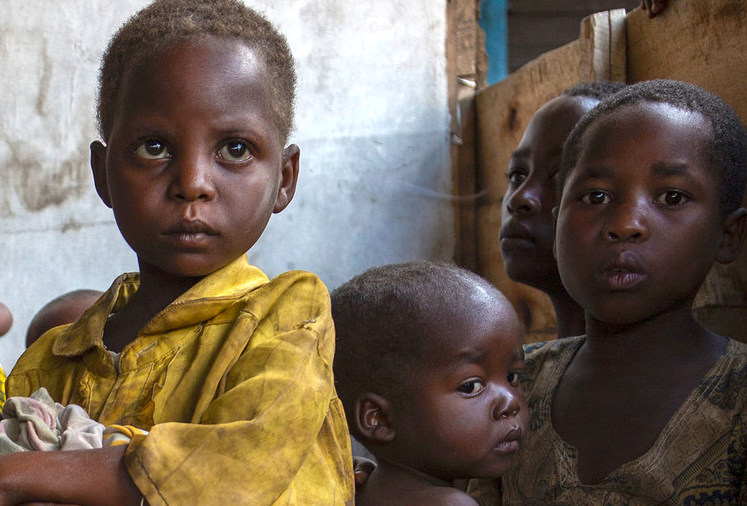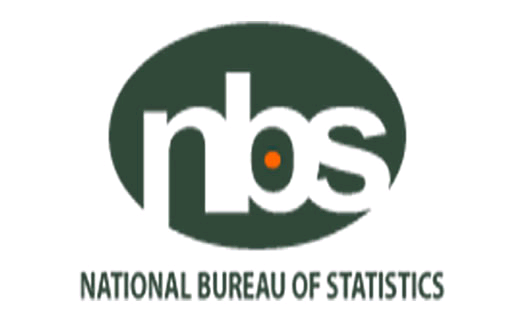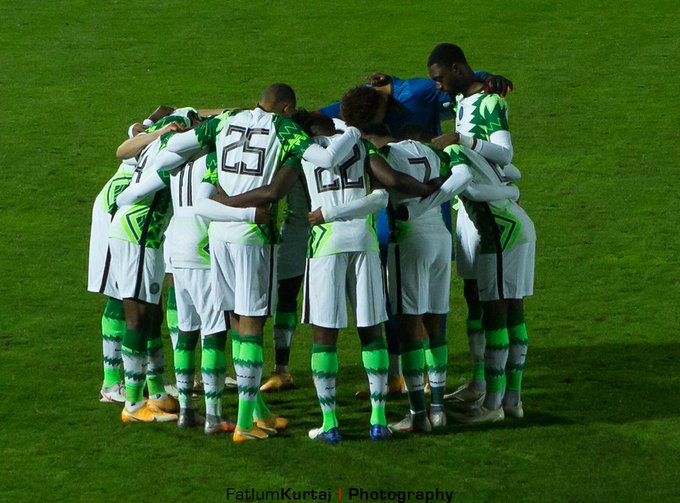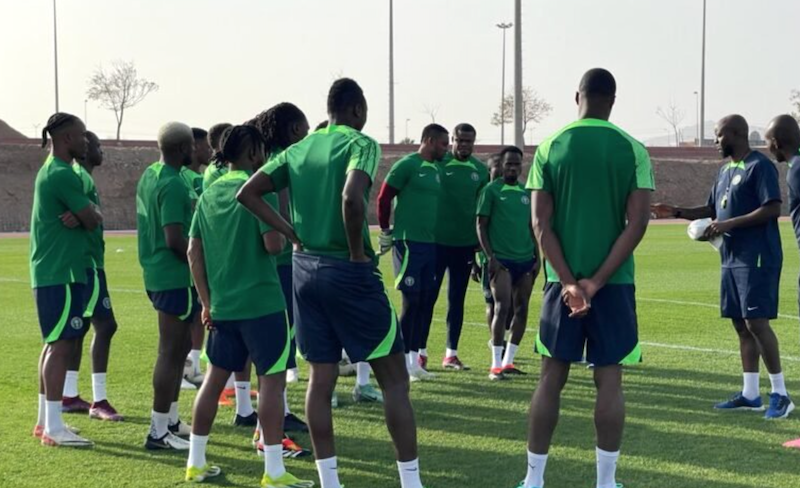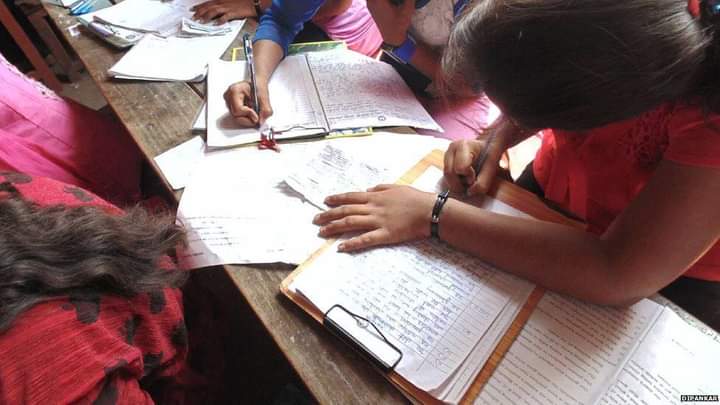By Tony Eke
The hardship in the land is growing daily, making survival a big burden for a large group of Nigerians. Gone are the days when we easily cracked our brains and got simple solutions to basic issues. These days, even an occasional challenge such as being cashless or minimally broke requires more than a fleeting thought to essay a quick, assuring answer. We must be sure of the capacity of those we want to seek financial assistance from. Willingness alone no longer defines the basis of charity and modest philanthropy nowadays. Why? There’s suffering in the land!
While engrossed in pensive mood few days ago, I was transported to a plane where my recollection of two creative works eventually helped me to situate our collective plaintive condition. The first was a travelogue set in either the Renaissance Period or shortly before the European mercantile exploration that signposted the twin violence of slavery and colonialism visited on Africa. Well, the title of the book and name of the author have left my memory (probably because I read it in those impressionable years), the plot structure is still memorable. It details the vain quests of three boys led by a partially blind man who were forced to explore the world without fore knowledge of where they were headed. So, they wandered and returned to England in worse form after eight years.
When the iconic reggae singer Jimmy Cliff released a chart burster “Sufferin’ In The Land” in 1970, it resonated with people across the world beyond the clear, powerful voice of the music maestro. As a little boy then I could not make a meaning of what the singer was saying other than follow the chorus which my mother of blessed memory so loved. It’s after I had come of age that I realized the basis of its global acclamation, which was situated in the classic tradition of roots reggae with its enduring message. It’s remarkable because it portrays the absurdities, conflicts, and uncertainty of a bipolar world then wracked by cold war as well as the material poverty assailing the global south.
Yes, fifty-four years have rolled by since the rendition of the song, but it seems the musician had Nigeria in mind when he penned down the lyrics. No other song in the intervening period captures the difficulty of the times that we are in and the seeming hopelessness that the alternation of political power at the federal level had caused since 2015. While Nigeria is not mentioned at any point, the striking memorable line ‘Everything getting higher and the time getting tougher’ says it all.
There’s hardly anyone amongst us who will likely contest the assertion of the Jamaican musician as it relates to the socio-economic situation of our country. Whoever chooses to do that possibly wants to engage in sheer academic exercise. Other than the infinitesimal privileged category that includes top political players, top executives in the banks, their counterparts in the international oil companies, the top echelon of the telecommunications industry, and businessmen, the other layers of Nigerians are enmeshed in poverty of worst dimension ever known or encountered since Nigeria attained nationhood.
It’s now I quite understand the categorisation of Nigerians into two extreme groups by Mr. Kelvin Osemene, a friend and fellow journalist, lawyer, and a member of The POINTER’s Editorial Board which I chair. When he made it clear during one of our meetings in 2021 or thereabouts that Nigeria is comprised of the honourable and the vulnerable groups, we laughed it off as one of those humorous interjections that helped to enliven our weekly gathering. His explanation and subsequent allocation of different citizens based on their financial standing to each group is not lost on those of us that grasped his social dissection of the country.
From all indications, members of the vulnerable group to which I belong are suffering more than the honourable group. Those in the first group are faced with the extreme challenge of striving to eke out a living on a daily basis because of their fluid economic power. We have been largely unmanned as the economy inflicts impotence on lower members of the middle class. On the other hand, the personalities in the second group are comfortable as their relatively financially stable condition makes it easy for them to sort out problems that only require money with ease. Members of this group which might consist of not more than five percent of the population are sure of tomorrow and even beyond as far as economic survival is concerned.
As the day fades into weeks and weeks into months, we often encounter the manifest variation of our economic powers especially in public places such as supermarkets and fuel stations. A glimpse of the differential capacity played out at a filling station three days ago. Right there, a man accompanied by three drivers of Toyota Land Cruisers paid over N300,000 to fill the tanks of those automobiles. After he and his convoy was served, it was my turn, but as the debit alert of N45,000 for 47 litres hit my android phone, I felt like someone whose blood had been drained against his will.
In my occasional musings over the deterioration of the Nigerian economy, my biggest fear is the uncertainty of where we would be in three years or seven years at most, assuming Tinubu’s ruinous course is further renewed by deploying the Nigerian factor and legitimised by the courts. Such imagination is frightful, foreboding, and full of trepidation. So, it’s incumbent on Nigerians to mount pressure on the Federal Government to humanise its economic policies in order to lessen our burdens of survival. We should act as free citizens and not bondsmen that easily give up in the face of antagonism and repression by the state.
Tony Eke, a journalist, is based in Asaba, Delta State capital.
